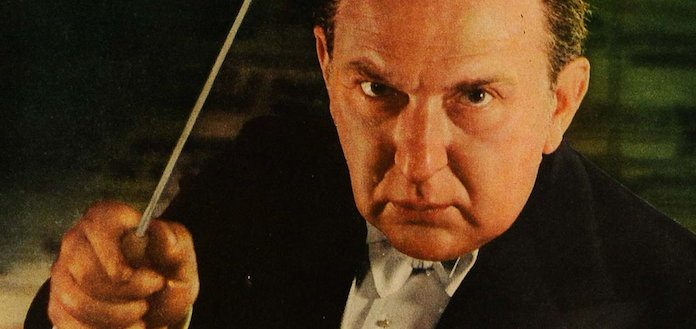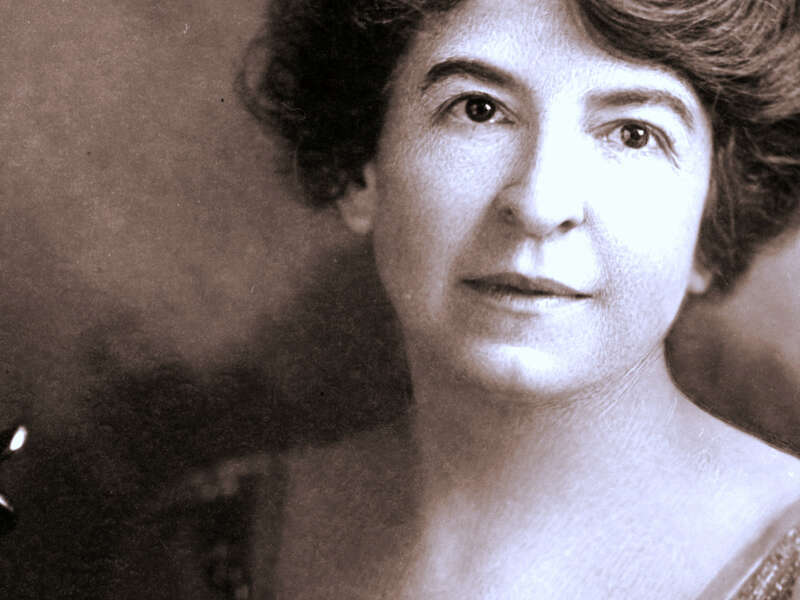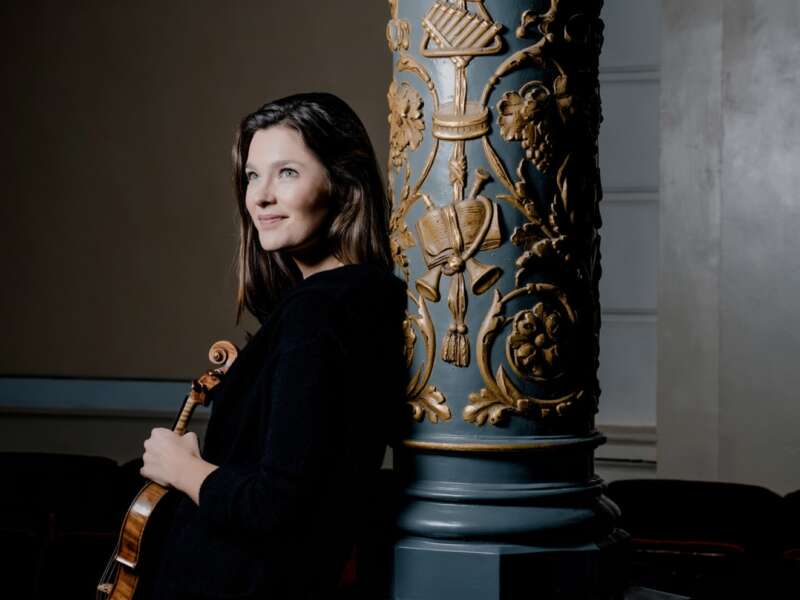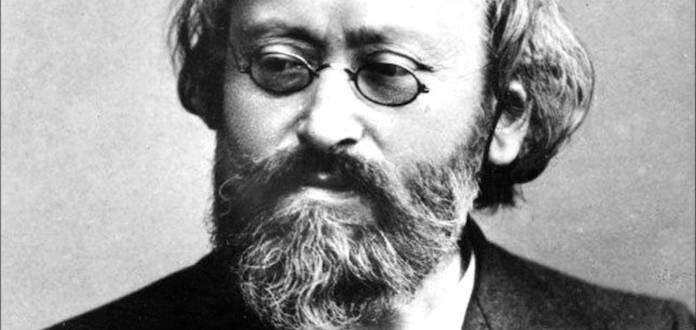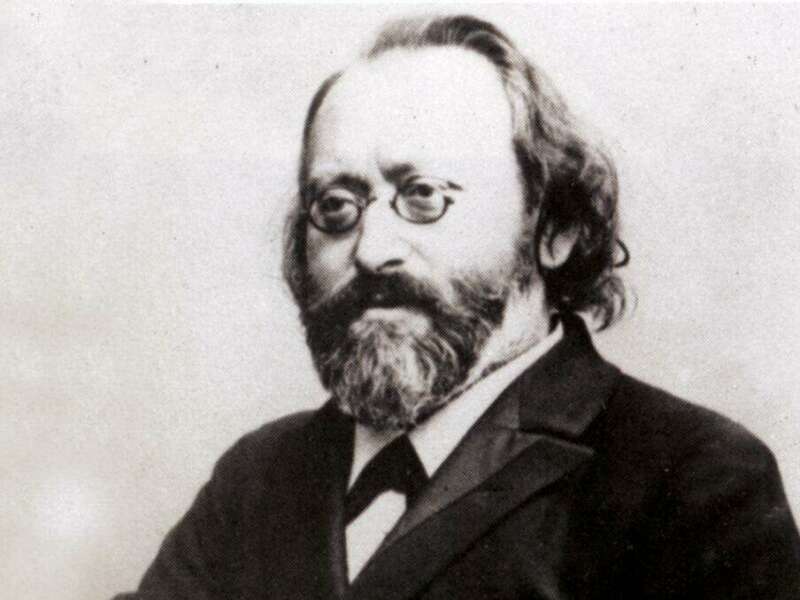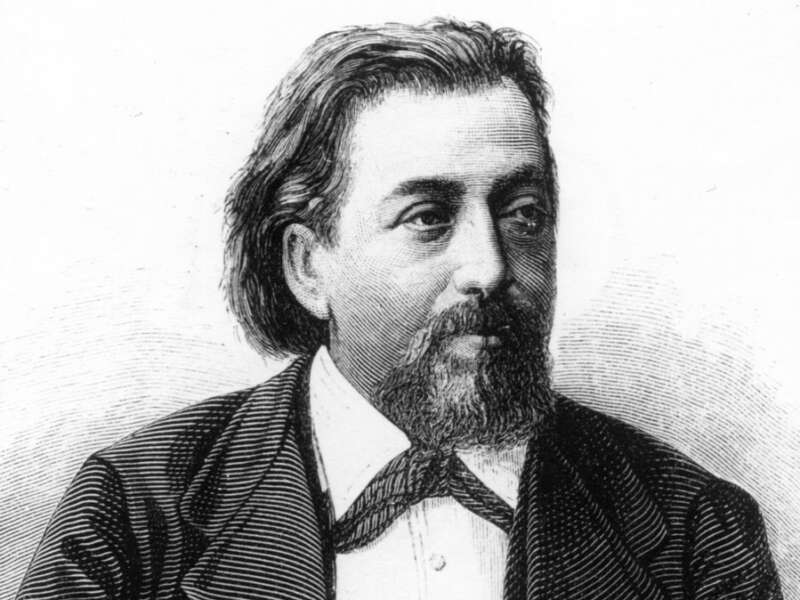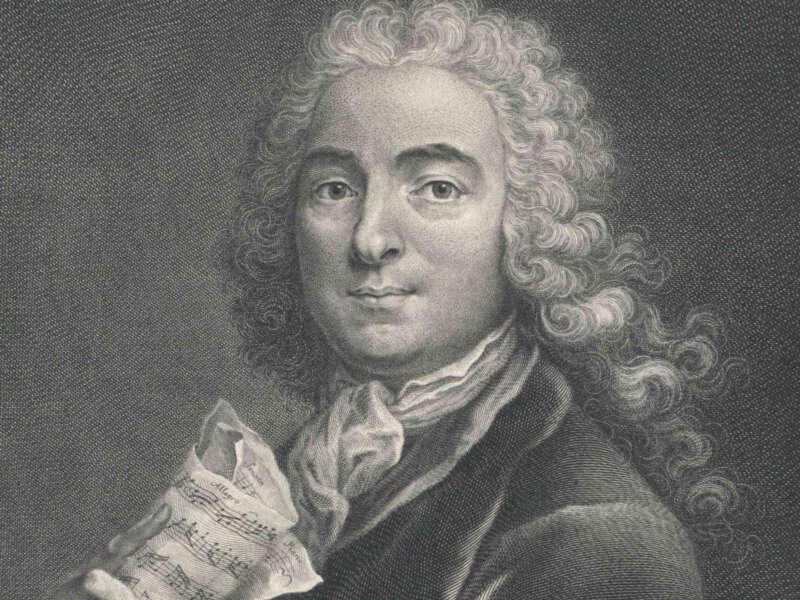Hungarian Conductor Fritz Reiner Was Born in 1888
According to Igor Stravinsky, the Chicago Symphony was "the most precise and flexible orchestra in the world" under his leadership
Before becoming a conductor, Fritz Reiner chose to dedicate himself to the study of piano, piano pedagogy, and composition at the Franz Liszt Academy, diverging from his initial pursuit of law.
His teachers and mentors included István Thomán, Hans Koessler, Kálmán Chován, and Béla Bartók.
After early engagements at opera houses in Budapest and Dresden, where he worked closely with Richard Strauss, he moved to the United States in 1922 to take the post of Principal Conductor of the Cincinnati Symphony Orchestra. He became a naturalized US citizen in 1928 and held principal conducting roles with the New York Metropolitan Opera, the Pittsburgh Symphony Orchestra, and the Chicago Symphony Orchestra.
Reiner gained distinction for his interpretation of Richard Strauss and Bartók, often being viewed as a modernist in his musical preferences. Alongside his compatriot Joseph Szigeti, Reiner influenced Serge Koussevitzky to commission Bartók's Concerto for Orchestra. Despite this, Reiner had an extensive repertoire and held a deep admiration for Mozart's music.
Orchestras under Reiner's direction exhibited remarkable richness, brilliance, and textural clarity. According to Igor Stravinsky, the Chicago Symphony under Reiner was "the most precise and flexible orchestra in the world."
BEETHOVEN | SYMPHONY NO. 7 | FRITZ REINER & CHICAGO SYMPHONY | 1957
june 2025
july 2025


